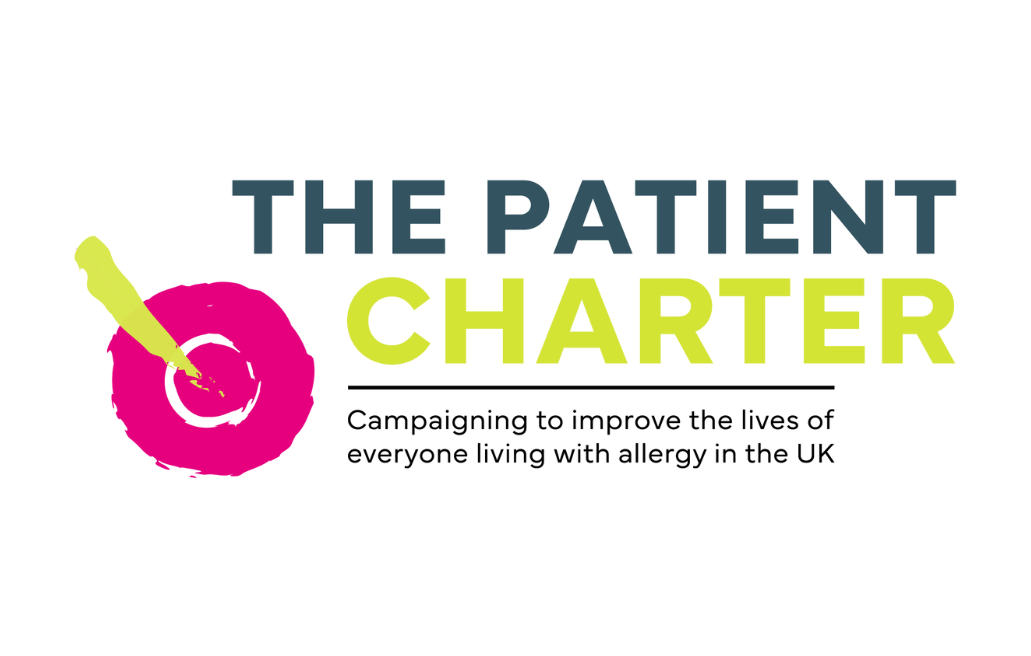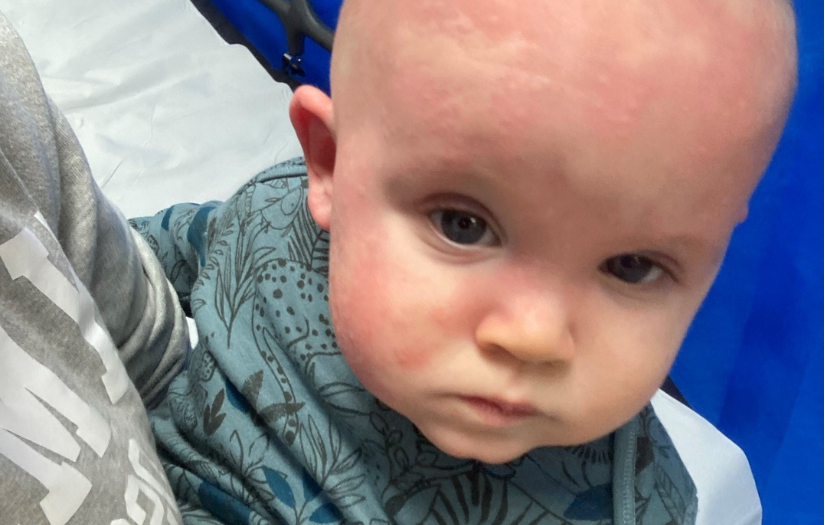The patients were seen more quickly – usually within 4-8 weeks compared to the 6-18 month wait time that is often the case when referred to a hospital-based consultant. With it being closer to home, there was less cost and time involved for a patient to attend appointments too.
GPs agreed this approach improved the patient pathway considerably. It reduced referrals to specialist consultants to only 5% and freed up much needed consultation time for GPs. Currently 8% of GP consultations are spent on allergy related cases. It also frees up time for specialists within secondary care to focus on the harder to treat cases of allergic conditions.
Currently there are 20 million people living with an allergic condition in the UK. Too often the path to diagnosis and the right treatment can be bumpy and difficult. Sometimes, it can also be inadequate, carrying with it serious consequences for the patient. This was Sarah’s experience when she herself rushing from A&E to another A&E in rush hour traffic in the midst of her 10-month-old son having an anaphylactic reaction. Read why Sarah is supporting our call, and please consider pledging your support too.

 Helpline
Helpline

